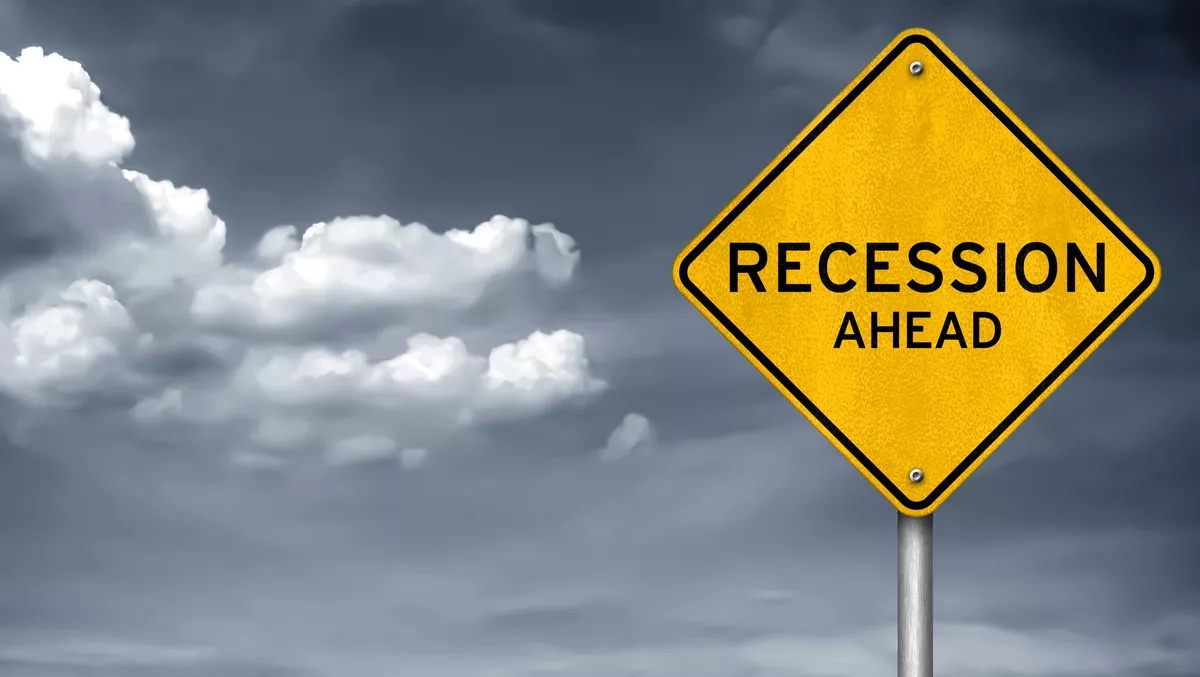
1 in 3 SMEs say they wont survive 6 months into a recession
As financial experts continue to predict an Australian recession in the next two years, concerning new research has found that 34% of Aussie SMEs would not survive more than 6 months of economic downturn, with 14% unable to survive a recession at all.
Economists are facing a difficult choice to stabilise the economy, by either increasing interest rates significantly and putting banks and businesses at risk of defaulting on loan repayments or allowing inflation to rapidly increase and reducing consumer confidence and spending.
Aussie businesses are also torn whether a recession or rising inflation would be more damaging to their businesses, as 55% are more concerned with the impacts of a recession, while 45% would be worse-off from continued rising inflation.
The findings were derived from a survey of an independent panel of 253 Australian SME owners, commissioned by Small Business Loans Australia, a free comparison website helping Australian business owners find the best financing and loan options in Australia.
In the survey, Small Business Loans Australia, asked respondents to forecast how long they could survive through a recession. Recessions are normally short and sharp. An example is the 1990 recession, which lasted 14 months. Only 39% of survey respondents would've made it through the previous Australian recession, predicting they could survive 18-24 months. Fourteen per cent would not survive a recession at all, however short. One fifth (20%) admitted they would survive less than six months of a recession and one quarter (28%) predicted they would survive just 6-12 months.
"The survey results are concerning. Many Australian businesses have had to endure a tough two years of decreased margins and cashflow, due to operational limitations, lockdowns and lower consumer confidence," says Alon Rajic, the founder and managing director of Small Business Loans Australia.
"As a result, many SMEs are heading into a recession without a savings cushion or plan B. The sector is extremely resilient and my hope is that businesses have learnt from the pandemic to have some safeguards prepared to see the other side of this period," he says.
Concerningly, larger businesses were least equipped to combat the impacts of a recession:
31% of medium-sized businesses (with 51-200 employees) said they could not survive more than six months of a recession, compared with 26% of small businesses (with 11-50 employees) and 16% of micro businesses (with 1-10 employees).
Recessions can affect businesses of all sizes, however, typically larger companies can have an extra financial buffer to fall back on, as it is normally easier for them to secure financing. It is concerning to see established businesses have a gloomy outlook on their ability to survive a recession.
To minimise the impacts of a potential recession, I encourage SMEs to implement preventative financial practises now. Renegotiate vendor agreements and re-examine your accounting books to cut costs where possible. If SMEs are paying off business loans and have been affected by increased rate rises, consider consolidating debts and refinancing loans to secure a lower rate. Comparison services make good online research tools, and can help SMEs find an appropriate loan that will allow them to fix lower interest rates.
Despite the majority of SMEs suggesting they wouldn't be able to survive more than a year in a recession, only 55% of respondents believed a recession would be worse for their business than continued rising inflation.
Small businesses would feel the effects of a recession the most, with 63% believing an economic downturn would be worse for their business than inflation, followed by 53% of micro businesses and 51% of medium-sized businesses.
"SMEs are the backbone of the Australian economy, and it is concerning that they continue to face many external factors, including a recession, that threaten the survival of their businesses," says Rajic.
"Ultimately, economic downturn is predicted but not guaranteed and targeted government stimulus and investment in population and export growth could pull our SME market safely through this period of uncertainty.
"Businesses who proactively make changes and put practices and safeguards in place will also be able to survive and thrive beyond this tough period."


